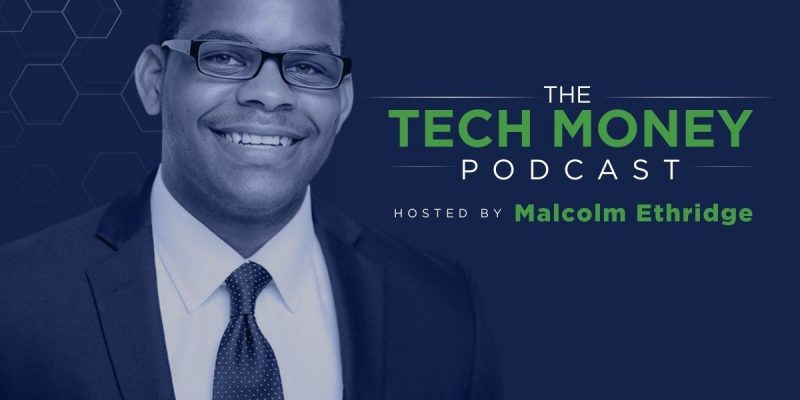Though it may seem like a very distant and high-class problem that only the super-wealthy among us will ever have to contend with, for many tech workers who have accumulated a significant sized stake in their employer, it is not unlikely that estate taxes are something they will have to consider as a part of their overall financial plan. In fact, with the number of bills currently floating around the halls of Congress with the intention to increase tax revenue by lowering the estate and gift tax thresholds, there could be significantly more Americans who will be impacted by this “problem” soon enough.
In this episode, Malcolm Ethridge speaks with Aaron Rubin, a partner at Werba Papier, about some of the lesser-known estate planning challenges facing those with concentrated equity positions. Aaron also shares some of the more common mistakes he sees clients make prior to and immediately following an IPO that could be avoided with proper planning.
Aaron discusses:
- How to design a plan that keeps more of your money in your pocket and out of the hands of the IRS
- The interesting and unique things he has seen people do following an IPO
- Who should be concerned about qualified small business stock
- What an intentionally defective trust is and how to apply it
- And more
Resources:
- Financial Adulting: Take Control of Your Financial Future by Aaron Rubin
- 50. Creating A Plan For Your Restricted Stock Units
Connect With Aaron Rubin:
Connect With Malcolm Ethridge:
- The Tech Money Podcast
- LinkedIn: Malcolm Ethridge
- Connect with Malcolm
- @MalcolmOnMoney
- Download the Tech Money Guide to RSUs
About Our Guest:
Aaron Rubin is a partner at Werba Papier, a wealth management firm that caters to pre-IPO executives and early employees. Prior to his current firm, Aaron spent time at Deloitte where he worked on trust and estates and honed his skills in their private client advisory. He also received his JD from the University of Illinois. In 2019, he published Financial Adulting, a guide to help young professionals navigate the challenges of taxes and investments in estate planning.
Podcast: Play in new window | Download | Embed
